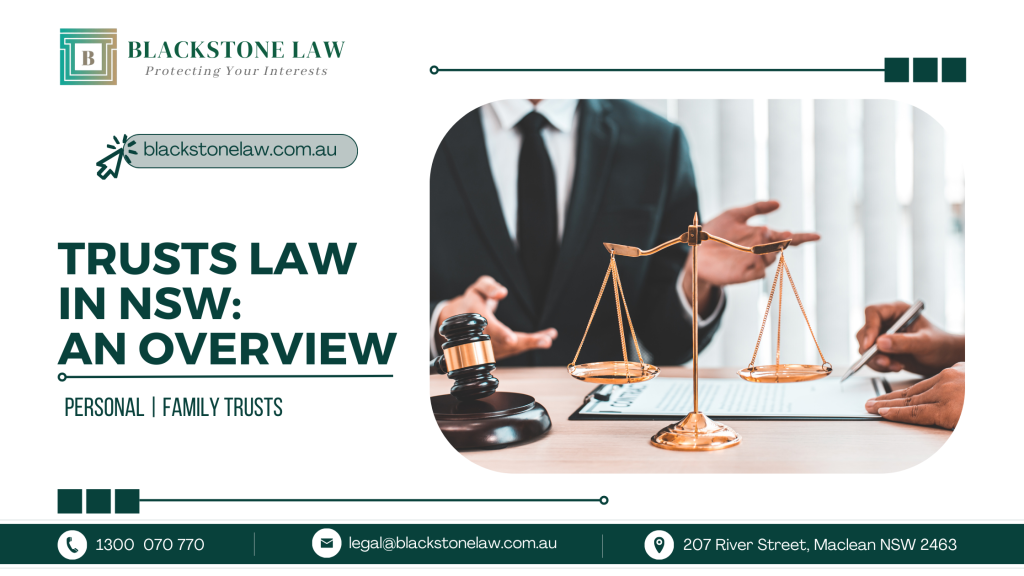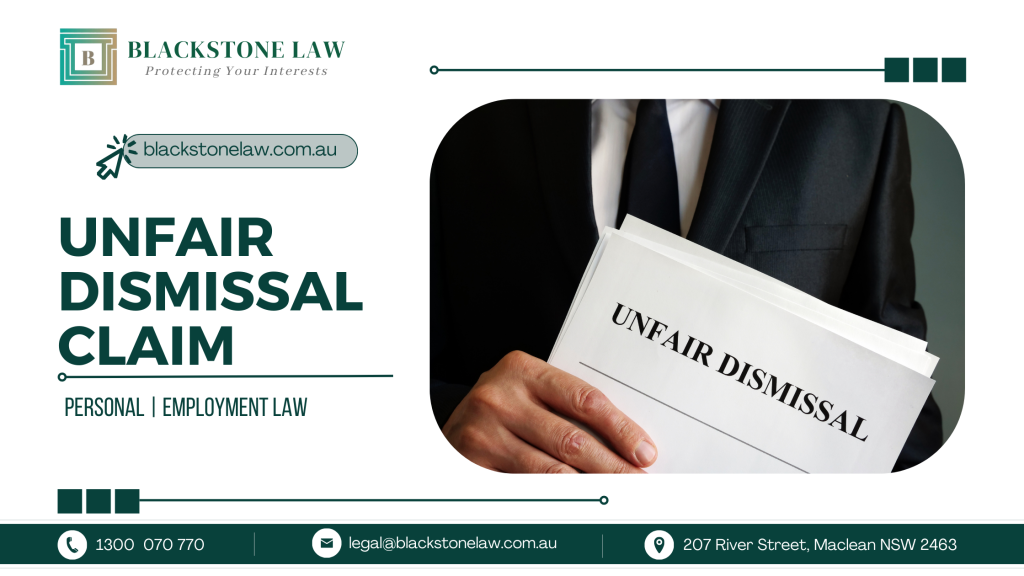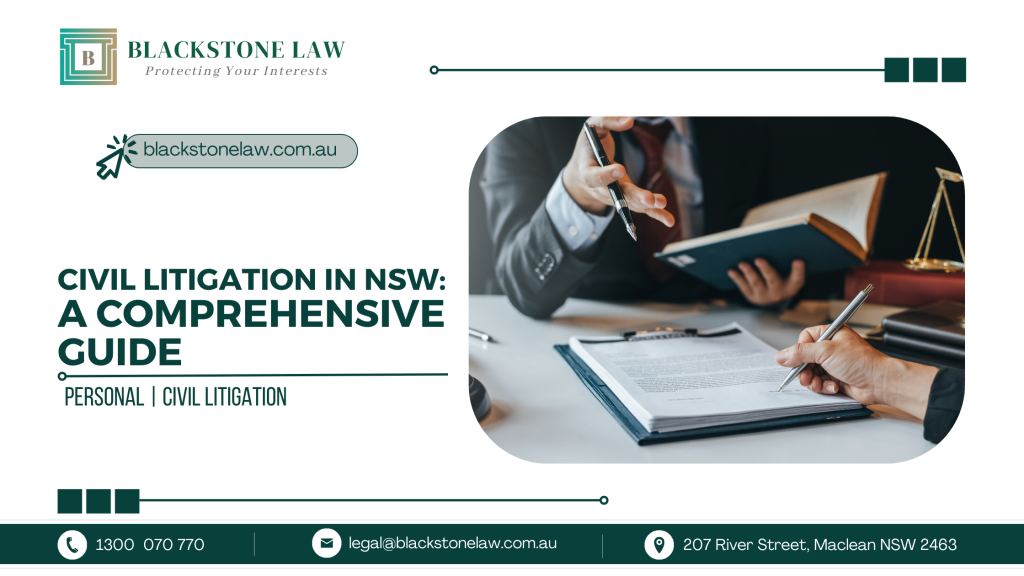Trusts law in NSW governs the creation, administration, and termination of trusts, which are an essential tool for managing and protecting assets. Trusts law has developed over many centuries, and in NSW, it is governed by a combination of common law, equity, and legislation.
What is a Trust?
A trust is a legal arrangement where one person (the trustee) holds assets for the benefit of another person or persons (the beneficiaries). The assets can be anything of value, such as money, property, or shares in a company. The trustee is responsible for managing the assets in the best interests of the beneficiaries.
Creation of a Trust
A trust can be created in a variety of ways, including through a formal legal document such as a trust deed, by operation of law, or by a court order. The trust deed sets out the terms and conditions of the trust, including the powers and duties of the trustee and the rights of the beneficiaries.
Types of Trusts
There are many different types of trusts, including:
- Testamentary trusts: created by a will and come into effect after the death of the testator.
- Discretionary trusts: give the trustee discretion as to how and when to distribute the trust income and capital among the beneficiaries.
- Unit trusts: the beneficiaries have a fixed entitlement to a proportion of the income and capital of the trust, determined by the number of units they hold.
- Charitable trusts: established for charitable purposes and must be used exclusively for those purposes.
Trustees’ Duties and Responsibilities
The trustee has a fiduciary duty to act in the best interests of the beneficiaries and to manage the trust assets prudently. They must also keep accurate records, provide regular accounts to the beneficiaries, and ensure that the trust is administered in accordance with the terms of the trust deed.
Termination of a Trust
A trust can be terminated in a number of ways, including:
- When the trust assets are fully distributed to the beneficiaries.
- By agreement between the trustee and the beneficiaries.
- By a court order.
Legislation
In NSW, trusts law is governed by the Trustee Act 1925, which sets out the powers and duties of trustees, as well as the rights of beneficiaries. The Trustee Act also provides for the appointment of a replacement trustee in certain circumstances, such as when the trustee dies or becomes incapacitated.
Conclusion
Trusts law in NSW is a complex area that requires expert legal advice. If you are considering creating a trust, administering an existing trust, or terminating a trust, it is important to seek the advice of a qualified trusts lawyer. A trusts lawyer can help you understand your legal rights and obligations and ensure that your trust is set up and managed in accordance with the law. Contact us today by emailing us at legal@blackstonelaw.com.au or calling us at 1300 070 770 to discuss your legal needs.
References:
- Trustee Act 1925 (NSW)
- NSW Trustee and Guardian Act 2009 (NSW)





